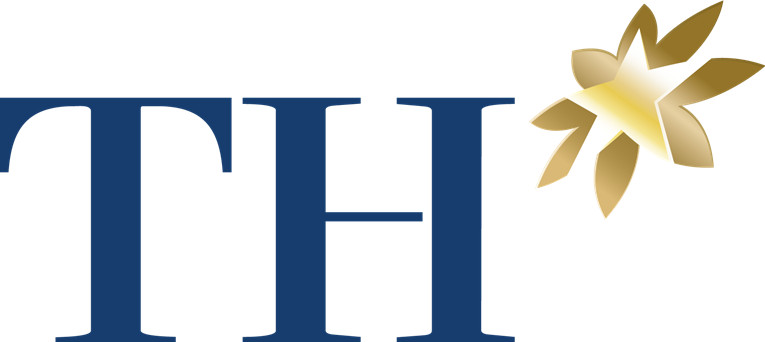EU launches new version of Rules of Origin Self-Assessment (ROSA) tool
A new version of the Rules of Origin Self-Assessment tool is now available on Access2Markets for most EU free trade agreements.
The Vietnamese Trade Office in Sweden said that in the coming time, all free trade agreements will gradually be translated into all EU languages.

ROSA has been completely renovated with a new interface and simple questions that will help businesses carry out the process of evaluating the origin of their products in just a few clicks. The tool has been further streamlined to only display product-relevant information.
What is ROSA?
The Rules of Origin Self-Assessment (ROSA) Tool guides businesses on the rules of origin that apply to their products in a specific Trade Agreement, with simple questions to conduct a self-assessment to determine whether their products comply with those rules and thus may qualify for preferential tariffs. Clear explanations, examples and links to relevant legal documents are available throughout the tool.
ROSA also has clear instructions on the documents required as proof of origin to enjoy preferential tariffs.
To access ROSA, please go to My Trade Assistant and enter your product, export and import country and when you receive the results, you can click on Rules of Origin Self-Assessment (ROSA) in the menu left to access tools.
Note to businesses
According to the Regulations on Rules of Origin of Goods in the Free Trade Agreement between Vietnam and the European Union, the EVFTA Agreement stipulates 3 methods to determine the origin of a good, including: (i) goods of pure origin; (ii) the goods are substantially worked or processed; and (iii) item specific rules (PSR).
In addition, the cumulation rule allows Vietnam and EU countries to consider materials from one or more other member countries as their own when using those materials to produce a good. EVFTA origin.
In EVFTA, Rules of Origin are used for the purpose of determining whether goods are eligible for EVFTA tariff preferences. Therefore, businesses that want to enjoy important EVFTA tax incentives when exporting goods to Germany or importing goods from Germany to Vietnam need to pay attention to researching and meeting the Rules of Origin related to their goods.
Basically, the Rules of Origin in the EVFTA have many similarities with the Rules of Origin of the GSP, so it will not cause much surprise for businesses that have met the GSP when exporting to the German market. However, the EVFTA Rules of Origin still have some differences, some are more flexible in application, so businesses need to carefully study each content to respond properly and fully.
Note that meeting the Rules of Origin must be done right from the beginning (for example, from selecting the source of raw materials, collecting certificates of origin of raw materials, storing supporting documents...) so Enterprises must pay attention to this issue early to arrange the supply of production processes that need to be met, and should not wait until the time of import/export to find out.
Minh Toan


